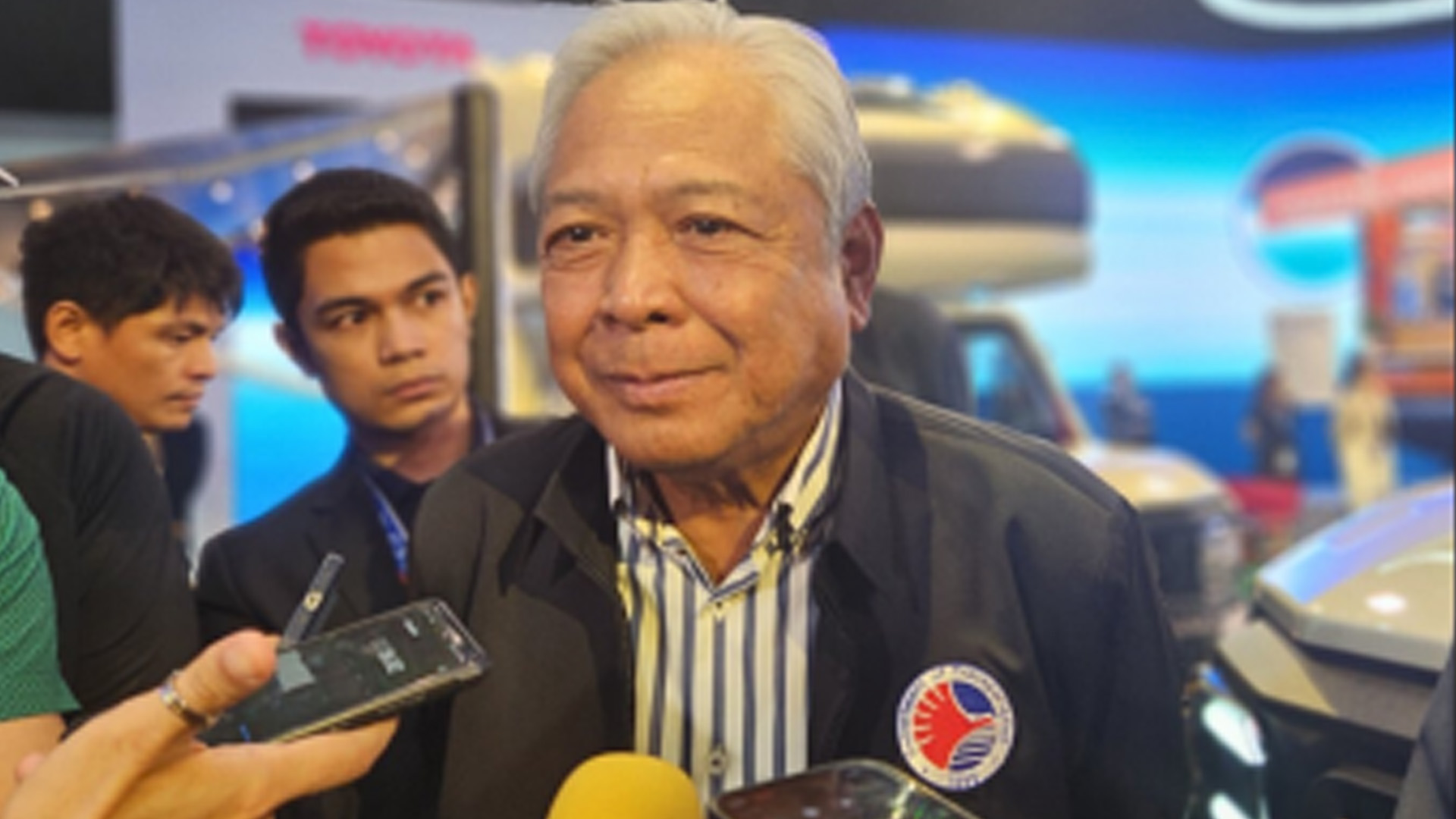A motor show and an electric vehicle (EV) summit opened simultaneously in Pasay City on Thursday, both focusing on the growth of the local EV industry.
Department of Transportation (DOTr) Secretary Jaime Bautista said during the 9th Philippine International Motor Show (PIMS) at the World Trade Center that President Ferdinand R. Marcos Jr. proposed the expansion of incentives package to manufacturers and users of EVs under Republic Act 11697 or the Electric Vehicle Industry Development Act (EVIDA).
Bautista urged members of the Chamber of Automotive Manufacturers of the Philippines, Inc. (CAMPI) to pursue mobility solutions that are aligned with the Marcos administration’s program to advance alternative transportation like EVs, cycling, and modernized public transport.
“As you are probably aware, we are aggressively pushing for e-vehicles in the public transport sector, with a growing number of PUV (public utility vehicle) drivers and operators shifting to EVs, especially in the countryside,” he said.
“Our push for e-vehicles has the solid backing of the President himself.”
On the sidelines of the event, Bautista said the expansion of fiscal incentives for the EV industry could include perks for imported EV parts.
On Tuesday, Marcos had a sectoral meeting where he pushed for incentives to stimulate the local e-mobility sector.
CAMPI president Rommel Gutierrez told reporters on the sidelines of the PIMS that the business group’s EV sales this year are expected to reach 10,000 units, composed of hybrid and pure EVs.
“Easily 10 percent increase next year,” he said, expressing his confidence in EV sales in the Philippine market.
At the 12th Philippine Electric Vehicle Summit (PEVS) at the SMX Convention Center, Department of Trade and Industry (DTI) Undersecretary Ceferino Rodolfo said in an interview that the agency aims to issue the Electric Vehicle Incentives Strategy (EVIS) before the end of the year.
The EVIS aims to support the country’s transition from internal combustion engines to EVs.
“(This is) in response to what the President said two days ago. He said we need an incentive system for the e-mobility,” Rodolfo said.
Under the proposed EVIS being crafted by the DTI, the government targets the local EV industry to manufacture 6.3 million units under the clean energy scenario (CES) or 1.7 million units under a business-as-usual (BAU) scenario by 2040.
In terms of EV charging stations, the country should have installed 147,00 EV chargers under the CES or 42,000 stations under the BAU in the same year.
Among the requirements that the DTI is looking into for providing fixed investment support (FIS) are investments for manufacturing, the introduction of an enrolled EV platform and EV charging stations to the domestic market, and the introduction of parts and components to the domestic or export market.
Manufacturers may also qualify under production volume incentive (PVI) that may require manufacturing of complete units and the sales of planned total and annual volume as approved by the Board of Investments (BOI).
The agency also eyes participants to comply with relevant international or national standards on safety and compliance with other conditions that the BOI has imposed at the time of registration.
The proposed EVIS is seen to have an Income Tax Deduction Certificate (ITDC) for FIS and PVI registered and eligible participants that could be used to defray income tax obligations.
The ITDC can be used for 10 years from the start of commercial operations, and is non-transferable.
Rodolfo said these are still subject to consultation among EV stakeholders. (PNA)







